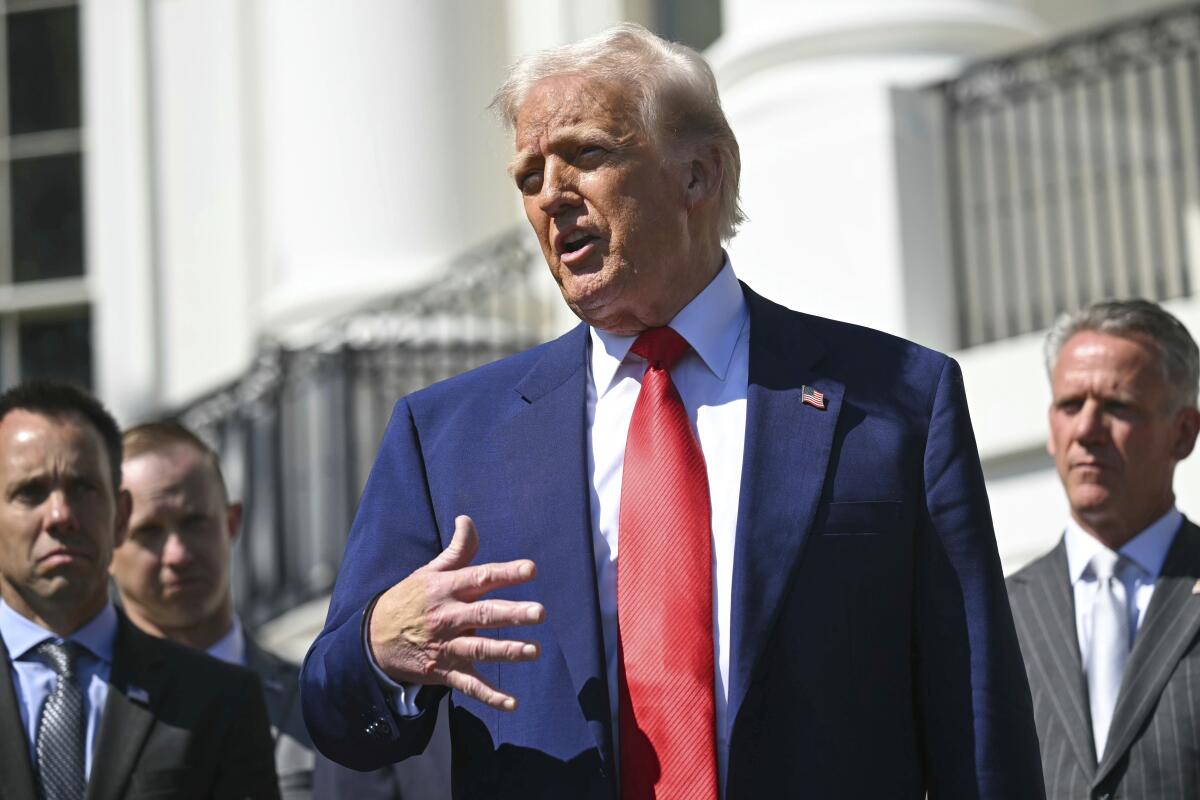Executive Summary
- Proposed budget cuts of up to $6 billion could force NASA to scale back ISS activities, including reducing crew sizes and research.
- The budget prioritizes Moon and Mars missions, with $1 billion allocated to Mars-focused programs and over $7 billion for moon exploration.
- Potential impacts include a decline in scientific research on the ISS, workforce reductions, and the termination of certain missions like the Mars Sample Return program.
Event Overview
NASA is facing a period of significant change due to proposed budget cuts initiated by the Trump administration. These cuts, potentially reaching $6 billion, necessitate a restructuring of NASA's priorities and operations. The agency is considering reducing activities on the International Space Station (ISS), including decreasing crew sizes and extending mission durations. Simultaneously, there's a push to allocate more resources towards Moon and Mars exploration, with a specific focus on fulfilling the administration's pledge to land humans on Mars. These shifts have sparked concerns about the future of scientific research on the ISS, potential job losses, and the overall impact on NASA's mission.
Media Coverage Comparison
| Source | Key Angle / Focus | Unique Details Mentioned | Tone |
|---|---|---|---|
| Ars Technica | Impact of budget shortfalls on ISS activities and crew sizes. | Potential reduction of Crew Dragon missions from four to three, starting with Crew-12. Canceling upgrades to the Alpha Magnetic Spectrometer. Funding earmarked for other activities used to fund deorbit vehicle. | Analytical and concerned, highlighting potential downsides and inconsistencies. |
| The New York Times | Overall budget cuts and shift towards Moon and Mars missions. | Proposed $6 billion budget cut, introduction of $1 billion in new investments for Mars. Cancellation of the Space Launch System and Orion crew capsule after Artemis III. Gateway would also be canceled. | Critical, emphasizing the potential negative consequences of the budget cuts. |
| The Intercept | Potential benefits for Elon Musk and SpaceX from Trump's budget. | Undisclosed flood of funding for “U.S. space dominance to strengthen U.S. national security.” Golden Dome missile shield reminiscent of Reagan-era Star Wars. | Highly critical, highlighting potential conflicts of interest and wasteful spending. |
| CNBC | NASA's response to proposed budget cuts and shift to Mars. | NASA will need to streamline its workforce, information technology services, NASA Center operations, facility maintenance, and construction and environmental compliance activities. NASA acting administrator urges the space agency's employees to persevere, stay resilient. | Neutral, focusing on the official response and potential impacts on NASA operations. |
Key Details & Data Points
- What: Proposed budget cuts to NASA, potentially reaching $6 billion, leading to reduced ISS activities and a shift towards Moon and Mars missions. Specific actions include reducing crew sizes on ISS missions, extending mission durations, cancelling upgrades, and terminating missions.
- Who: NASA, The Trump administration, Elon Musk and SpaceX, Janet Petro (acting NASA administrator), Jared Isaacman (NASA nominee)
- When: Budget proposal for fiscal year 2026. Potential implementation of changes starting with Crew-12 in February 2026. Decommissioning of the ISS by 2030.
- Where: International Space Station, Moon, Mars, NASA facilities, U.S. Congress
Key Statistics:
- Key statistic 1: $6 billion (Proposed budget cut to NASA)
- Key statistic 2: $1 billion (New investments for Mars-focused programs)
- Key statistic 3: 25% (Approximate percentage cut of the space agency's funding)
Analysis & Context
The proposed budget cuts to NASA represent a significant shift in the agency's focus and priorities. While the administration aims to prioritize Moon and Mars missions, the reduction in funding for other areas, particularly scientific research on the ISS, raises concerns about the long-term impact on space exploration and scientific discovery. The potential benefits for SpaceX, given Musk's close ties to the administration, also warrant scrutiny. The cuts will force NASA to make difficult decisions about which programs to prioritize, potentially leading to job losses and the termination of valuable research projects. The potential cancellation of the Mars Sample Return program, in particular, could hinder efforts to understand the potential for past or present life on Mars.
Notable Quotes
"The Budget reduces the space station’s crew size and onboard research, preparing for a safe decommissioning of the station by 2030 and replacement by commercial space stations."
"This is a budget that says America is done leading the world in space, that we are a nation turning inward."
"With his subscription model plan, Musk is looking to both retain control of these systems and keep taxpayer dollars flowing his way."
"persevere, stay resilient, and lean into the discipline it takes to do things that have never been done before — especially in a constrained environment"
Conclusion
Faced with a significant 24% budget cut from $24.8 billion in 2025 to $18.8 billion in 2026, NASA is undergoing a strategic realignment, intensifying its focus on lunar and Martian missions while grappling with the repercussions for the ISS, scientific research, and international partnerships. The agency will allocate over $7 billion towards lunar exploration and introduce $1 billion in new investments for Mars-focused programs. This shift entails phasing out the Space Launch System (SLS) and Orion capsule after Artemis III, cancelling the Lunar Gateway, and reducing ISS crew size and research, with a targeted decommissioning by 2030 to be replaced by commercial space stations. These cuts have sparked alarm within the scientific community, potentially costing America its leadership in science and resulting in a loss of talent to other countries. Environmentally sustainable aviation technology research and DEI programs are also slated for cancellation. The future success of NASA hinges on its ability to adapt to these austere conditions, the decisions made by Congress regarding the proposed budget, and the capacity of private companies like SpaceX to fill critical gaps in lunar transport and development. International cooperation is also in question as partners assess alternative scenarios given the potential cancellation of joint missions such as the Lunar Gateway and Mars Sample Return.
Disclaimer: This article was generated by an AI system that synthesizes information from multiple news sources. While efforts are made to ensure accuracy and objectivity, reporting nuances, potential biases, or errors from original sources may be reflected. The information presented here is for informational purposes and should be verified with primary sources, especially for critical decisions.









